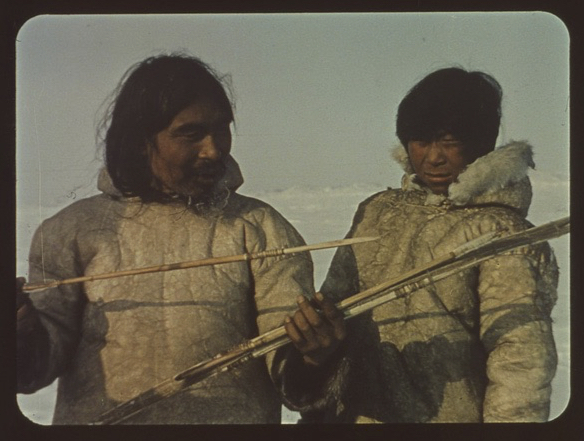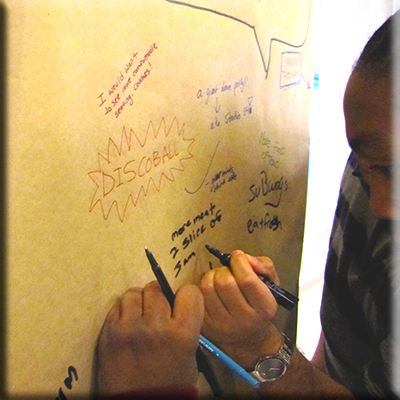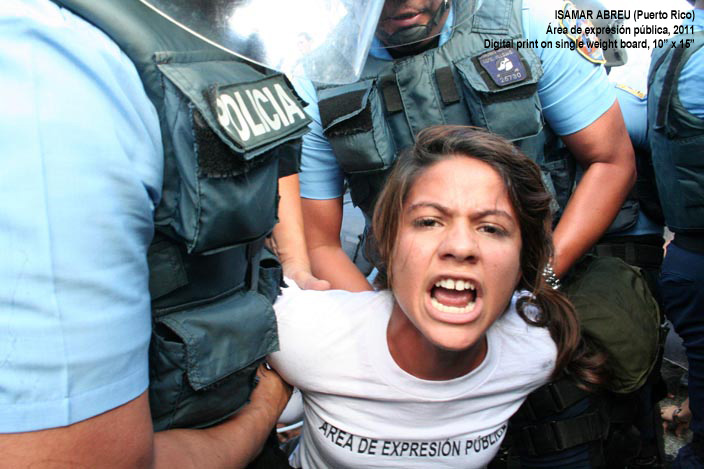This paper is about the place of Indigenous people in an early instance of a culture war in the United States: the conflict in the 1970s over an innovative middle-grades social studies curriculum called “Man: A Course of Study” (MACOS). Funded by the National Science Foundation, MACOS sought to revamp social studies education by addressing big questions about humans as a species and as social animals. It quickly came under fire from conservatives and helped to solidify the concept of “secular humanism” as a social threat. A broad conservative organizing effort, whose effects can still be felt today, eventually ended not only MACOS, but the very viability of school curriculum reform projects on the national level. Though this story is familiar to historians of American education, this paper argues for its centrality to the development of contemporary conservative politics and the early history of the culture wars. It also takes up the largely unaddressed issue of how Indigenous people figured in the MACOS curriculum and in the ensuing controversy. Focusing on the ethnographic film series featuring Netsilik Inuit that was at the heart of the MACOS curriculum, this paper addresses the largely unacknowledged legacy of Indigenous pedagogy, to argue that the culture war that led to the demise of the MACOS project also represented a lost opportunity for Indigenous knowledge and teaching to be incorporated into the formal schooling of American children.
Keyword: education
Review of Mapping Queer Space(s) of Praxis and Pedagogy, edited by Elizabeth McNeil, James E. Wermers, and Joshua O. Lunn (Palgrave Macmillan)
In this edited collection, Elizabeth McNeil, James E. Wermers, and Joshua O. Lunn draw together cutting-edge thinkers on queer pedagogy and queer activist praxis in an effort to dismantle the historical underpinnings of education as a tool of oppression. As an alternative to normative education, the editor offer up queer pedagogy as a methodology for “challenging accepted hierarchies, binaries, and hegemonies that have long dominated pedagogy and praxis” (5). The collection features the queering of traditionally normative classroom and academic spaces alongside queer approaches towards less commonly acknowledged sites of learning, such as social media websites, community advocacy meetings, and prisons.
Introduction: Theory
Lateral’s Theory Thread offers essays that critically explore the relationship of carceral and educational institutions—but not as alternatives to one another as often has been assumed in various kinds of social activism. The authors of these essays, Sora Han, David Stein, Shana Agid, Gillian Harkins and Erica R. Meiners, assume the tightly knotted interrelationship of prisons and schools and instead address the question posed by Han: is there something, being affirmed in the identity or identification as a “prison abolitionist” today?
Abolition: At Issue, In Any Case
Toward what does the “prison abolitionist” identity or identification strive? This thread is organized primarily around Fred Moten and Stefano Harney’s essay, “The University and the Undercommons: Seven Theses.” And we think there is not a better place to begin staging the relation between abolition and that to which we refer as “teaching”, with all the compromised valences such work can carry given the state of the educational system today. Indeed, as if to answer the above question about whether there is something affirmed by prison abolitionism, Moten and Harney seem to answer “yes”, there is something. In this essay, I would like to explore this “yes” as it emerges in Moten and Harney’s essay, and how it might unfold in how we imagine our engagements with law.
Making Anyway: Education, Designing, Abolition
This essay aims to raise some provocations and questions about the practice of attempting to teach abolition in universities and colleges that are embracing the notion of the duty of the university to the “community,” and pursuing the deep institutionalization of “civic engagement” curricula and programs, all while offering the promise of an opportunity to “do good” (and do well – i.e., still get a job).
Beyond Crisis: College in Prison through the Abolition Undercommons
This thread explores inter-relationships among institutions of higher education and prisons. We focus in particular on teaching and learning – the hallmarks of college in prison programs – as they relate to research and administration within and across universities/colleges and prisons. Our aim is to contribute to broader structural thinking about how we can work in college in prison programs most ethically and in ways that contribute to prison abolition within and across campus and prison settings.
PNAP Talk
This plenary talk discusses the author’s experience working with a college in prison program at Stateville Prison in Illinois.
Manifestos, an Introduction
Because the manifesto was written to spark a dialogue rather than advance a particular program, we have chosen to present it here as part of a dossier of interrelated documents produced by youth-oriented communities struggling against global systems of exploitation and oppression. Whether produced in the barricades of Río Piedras or the reclaimed streets of Cairo, these calls to action and understanding critique intersecting systems of exploitation and gesture to points of solidarity and coalition-formation. In doing so, they open up spaces for imagining new futures and they create the conditions in which such a future may indeed come to pass.
We Are Many Youth, But With One Struggle!
A worldwide economic crisis exploded in 2008 that has been deeply consequential. This crisis can be only compared to the 1929 crisis. Powerfully striking at the core of the system, first it shook the United States and now it is developing more intensely in Europe. However, the effects of the crisis can be seen all over the world.
Pedagogy for Our Future
A liberatory UC, run by and for all the people, is not only possible—it is a critical part of a planetary youth movement that is enacting true democracy in public squares and parks. We have faith that the weapons at our disposal will allow us to play our part. We have faith that these weapons will allow us to peacefully tear down the old edifice and build this new university from the ground up. Our pedagogy is our main weapon, and on a daily basis, we see that it is neither blunt nor ineffective. These are our main pedagogical principles—intuitions more than ideologies, bonds more than guidelines, dreams rather than demands. These principles aim at cracking through the crumbling structure of the university at its base. Through these principles, we will take part in a guerrilla campaign to bring all of the people back into the university.
smartAction
Images from an art exhibition inspired by the 2010–2011 University of Puerto Rico student Movement.
Lateral Moves – Across Disciplines
“Lateral Moves – Across Disciplines” is an edited conversation with Randy Martin and three members of the Cultural Studies Praxis Collective (CSPC): Miriam Bartha, Diane Douglas, and Kanta Kochhar-Lindgren. The original conversation took place at the University of Washington’s Simpson Center for the Humanities in 2007. The transcript of the conversation was reworked and revised by the interlocutors and Bruce Burgett, the co-director (along with Kanta Kochhar-Lindgren) of the CSPC. The document as a whole surfaces and addresses a series of questions about interdisciplinarity, cultural studies, and the humanities; about creativity, agency, and advocacy; about different forms of professional, disciplinary, and civic education; and about knowledge, labor, and organizing.



